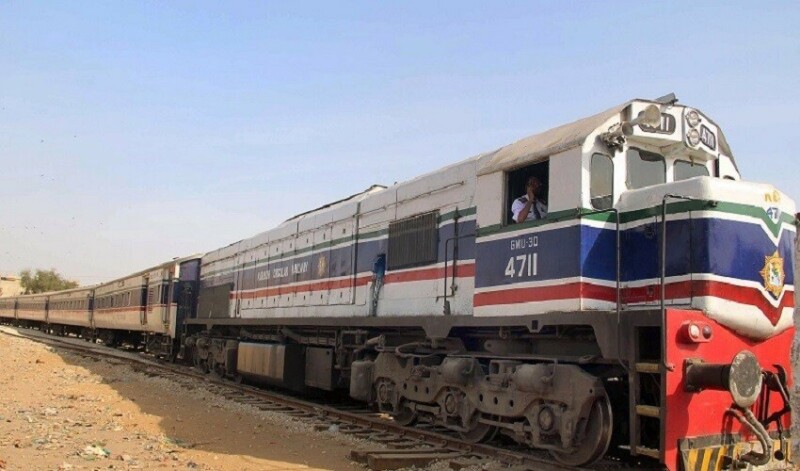ISLAMABAD: On Tuesday, the Central Development Working Party (CDWP) approved the Rs 292.389 billion Karachi Circular Railway Project (KCR) during a meeting presided over by Professor Ahsan Iqbal, the federal minister for planning, development, and special initiatives.
The Secretary of the Ministry of Planning Commission, the Chief Economist, representatives from the Ministry of Railway, and members of the Sindh Government, including the chairman of the PNDA Board, Sindh, attended the meeting.
The project is for building a standard gauge, 44 km long, 1.435 m wide track that will run from Drig Road via a number of locations, including Gulshan-e-Iqbal, Federal B Area, Liaquatabad, North Nazimabad, Nazimabad, Sindh Industrial Trading Estate (SITE), and Lyari.
Construction of horizontal and vertical curves, elements of railroad and roadway cross sections, ramp slopes, and the arrangement of structures with respect to the alignment are all included in the scope of work.
The scope of work also involves providing drivers and construction stations. Informational, Regulatory, Warning, Passenger Facilitation, and Adjacent Facilities signage. KCR’s route alignment.
The project is a component of a larger plan to upgrade Karachi, Pakistan’s largest city and the capital of Sindh Provincetransportation,’s infrastructure, including the city’s road network, availability of public transportation and mass transit options, and traffic management.
The creation of KCR as a Modern Urban Railway will complement Karachi’s current Public Transport Infrastructure, which has struggled to keep up with the city’s growing urban area and population over the past few decades due to a lack of modern mass transit infrastructure and a declining supply of large buses.
The project’s primary goal is to bring dependable, secure, and ecologically friendly public transportation to Karachi’s Metropolitan City.
The project involves building a 43-kilometer Dual Track Urban Rail Mass Transit System, which is anticipated to be completed in 4 years.
A daily ridership of 457,000 passengers is anticipated for the project, and that number is projected to increase to 1 million daily in the future. The project will make use of electric trains and run for 17 hours per day, seven days a week.
As part of the proposal, 30 stations would be built along a corridor that ran through a heavily populated portion of the city.
The idea has tremendous economic advantages in terms of reducing the cost of operating vehicles, protecting the environment, preventing accidents, saving time, advancing gender equality, and having indirect tax effects.
The involved officials were given quick instructions by the minister/DCPC to resolve the PC-1 concerns and submit the report within two days.
Information in this article comes from third-party providers. This website does not provide an explicit or implied warranty for such information and is not liable for any losses directly or indirectly caused by using such information.

